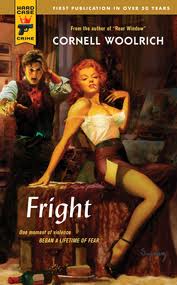Martin Luther King Jr.’s birthday has just passed and February is Black History Month in the US. Only a small fraction of books feature people of color, but to stroll through the aisles of a bookstore during the other 11 months of the year, it is easy to think there are none at all.
The publishing industry fuels this to some extent as there are all too frequent rows over bookcovers where the protagonist is depicted as white when they’re clearly described in the book as not-white. Now, some of this may the fault of the art department. Covers are often commissioned well in advance and the illustrator may not have been told the protagonist was not white, but that points to another flaw. It is automatically assumed the character MUST be white. You never have a brown face on the cover when the protagonist is white.
With a reprint of an established book you have all the time in the world to get it right. If you don’t, there are two likely reasons. Publishers assume people won’t buy a book with a brown face on it. Imagine for a moment, if a new edition of Harry Potter showed Harry without his glasses, because the wisdom was the people that don’t wear glasses will not buy a book with someone wearing glasses on the cover.
The other option is that the publisher does not think it MATTERS. If it is going to a reprint, clearly something about the characters resonated with buyers. They loved that character. Ignoring that trait denies that a character with brown skin CAN be loved.
“A Wizard of Earthsea” by Ursula Le Guin has been all over the place in depiction of the main character. For reference, he’s got reddish-brown skin. His best friend is black. The majority of the characters are brown, reddish-brown, or black. Whites are the minority.
1st edition (1968)- This is absolutely spot on and a very striking design. (Parnassus)


